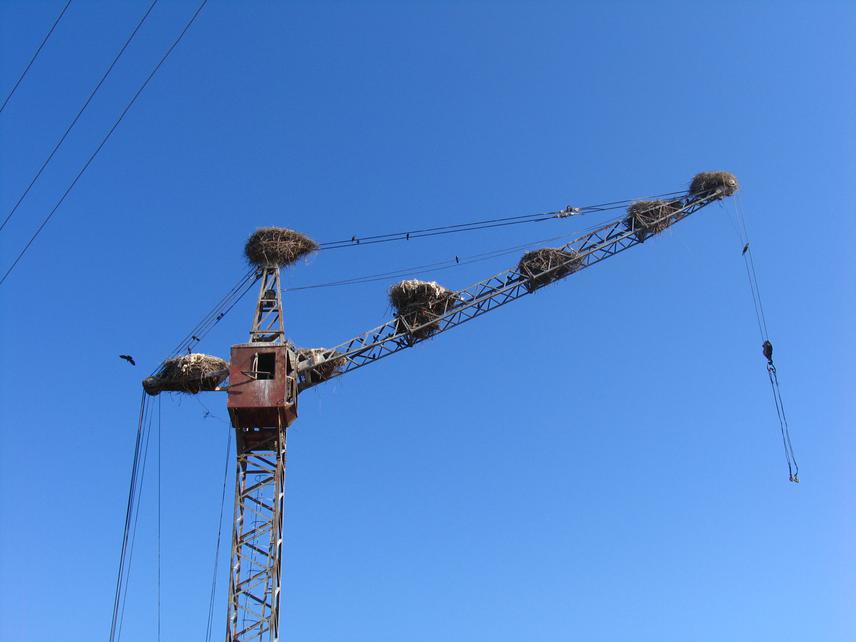Wouter Vansteelant
Other projects
11 Oct 2011
Conservation of Migratory Raptors in a Geographical Convergence Zone at the Eastern Black Sea in South West Georgia
7 May 2013
Bringing together People and Birds in Eurasia’s Largest Bottleneck for Autumn Bird Migration
Batumi Raptor Count will survey raptor migration at the Black Sea coast of Georgia and provide trainings in bird identification and ringing for young Georgian conservationists.

Batumi Raptor Count started surveying raptor migration at Georgia’s Black Sea coast in 2008. Batumi is one of three locations worldwide where >1.000.000 raptors are recorded each year. However, illegal shooting of migrant birds is widespread in the region. We combat this problem through education programs including dozens of students from the Caucasus and hundreds of regional school children. Ecotourism is flourishing and provides important funds for our conservation work. In 2015, a RFSG Booster Grant will enable our 8th consecutive raptor migration survey, the creation of a bird ringing station and training of Georgian conservation in bird migration ecology.
The 8th migration survey guarantees the continuation of our time series for future population trend analysis. The volunteer-based counts form the backbone of most of our conservation activities in the region, serving as a venue for educational activities. Batumi Raptor Count will also continue to provide support to eco-tourism development, environmental education programs, student training, youth camps, outreach for hunters and falconers and in-depth monitoring and research of hunting pressure. We are effectively putting Georgia on the map as a key travel destination for birders and we are starting to see positive effects of our work as local attitudes towards illegal shooting are changing while eco-tourism steeply increases. The guesthouse owners in particular have developed their openness towards conservation, indirectly promoting conservation knowledge throughout their village and neighbouring communities.
To reach a sustainable long-term monitoring survey the integration and training of Georgian conservationists is vital. Unfortunately, volunteering is not common practice in Georgia, conflicting with our strong dependence on volunteering efforts. However, our past collaborations with Georgian Universities have already yielded growing interests of students in our work, and various enthusiastic individuals are keen to follow more intensive training in bird research and conservation at BRC. Sporadic bird ringing activities were very well accepted and may potentially be integrated in academic training. A local bird ringing station is therefore regarded as key tool for developing institutional support of knowledge transfer and to strengthen local interest in bird conservation. The continuous presence of dedicated coaches ensures flexible opportunities for locals of all ages and social backgrounds to participate in training. Important benefits are expected on local and regional scale by continued integration and future employment of Georgian conservationists.